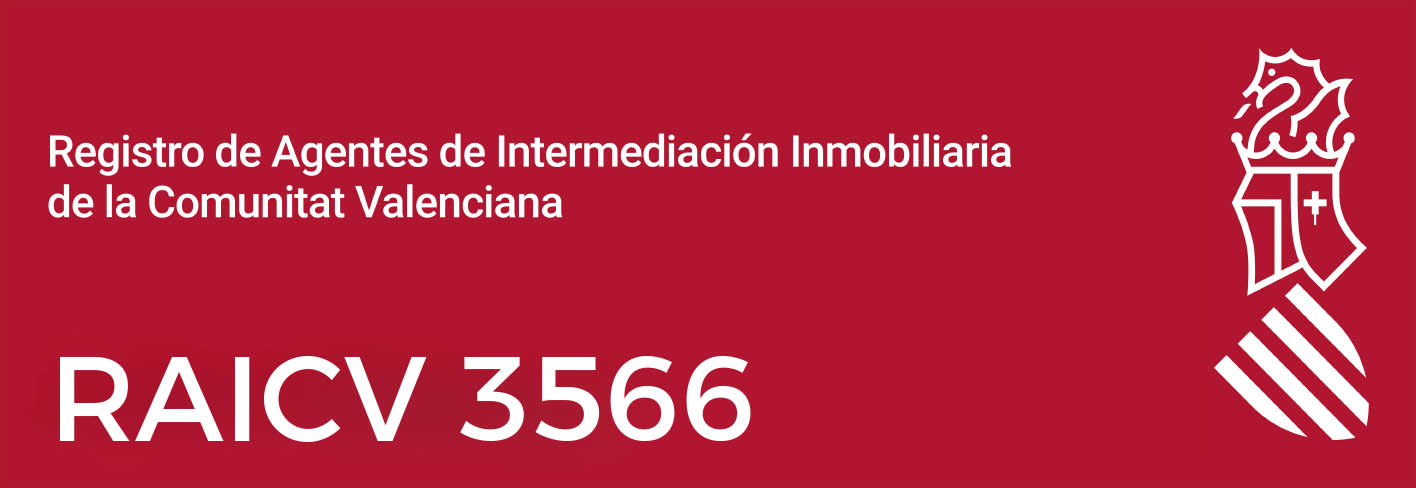Rental and Management
Rental and property management in Spain is a process that can bring owners significant profits but also challenges, especially in popular tourist regions such as Costa Blanca, Costa del Sol, or the Balearic Islands. The key to success is effective rental management, which ensures steady income and minimizes risks associated with tenants and property maintenance.
The most popular type of rental in Spain is short-term (tourist) rental, regulated by law:
Requires obtaining a tourist license, which is necessary in most regions.
Can generate high profits during the summer season, especially near beaches and tourist attractions or in cities such as Benidorm, Barcelona, Alicante, Valencia.
Short-term rental management includes preparing the listing, communicating with tourists, handling reservations, cleaning, and property maintenance. Management can be entrusted to specialized companies that handle all aspects, from rental promotion to dealing with tenants and ongoing repairs and maintenance. However, one must consider the following costs:
1
Agency commission – If you rent the property through an agency, they usually charge a commission for each booking. The commission can range from 10% to 30% of the rental value, depending on the services offered by the agency (e.g., marketing, reservation management, tenant handling).
2
Rental tax, which amounts to 19%.
3
Cleaning costs – Short-term rentals require regular cleaning after each tenant. Often, owners hire cleaning companies, which generate additional costs. In some cases, the cleaning fee is added to the tenant's bill as a one-time charge.
4
Utility bills – For short-term rentals, the owner usually bears the cost of utilities (water, electricity, gas, internet). With high occupancy, these costs can be significant, especially in summer when tenants frequently use air conditioning.
5
Tourist tax – In some regions of Spain, including the Balearic Islands and Catalonia, a tourist tax is required for each tourist renting the property. The fee is charged per night and depends on the type of property and season.
6
Insurance – Short-term rentals increase the risk of property damage, so it's worth having adequate insurance that covers damage caused by guests. Some policies require an additional fee to cover tourist rentals.
7
Tourist license – In many regions of Spain, such as Costa Blanca or Costa del Sol, obtaining a short-term rental license is mandatory. The cost of obtaining the license depends on local regulations and may require additional administrative fees.
8
Maintenance and repair costs – Frequent use of the property by different tenants can lead to faster wear and tear of furniture and equipment. The owner should be prepared for regular repairs and maintaining the property in good condition.
Short-term rentals can be profitable, especially during the tourist season, but it's essential to consider all the above costs to accurately estimate potential profits.
An alternative for investors is long-term rental, which guarantees:
A stable source of income throughout the year, less dependent on the tourist season.
Less work related to daily management compared to tourist rentals.
Professional property management in Spain is the key to success, especially if the owner lives abroad or wants to minimize daily responsibilities. Well-organized service ensures security, steady income, and a high standard of tenant service.
Our agency provides real estate services in Calpe.



